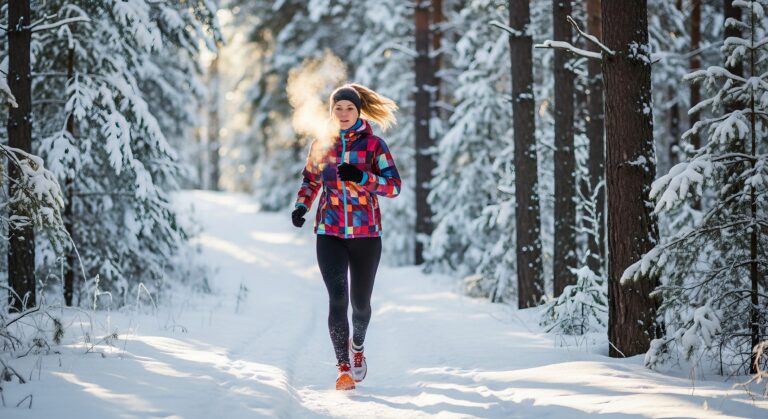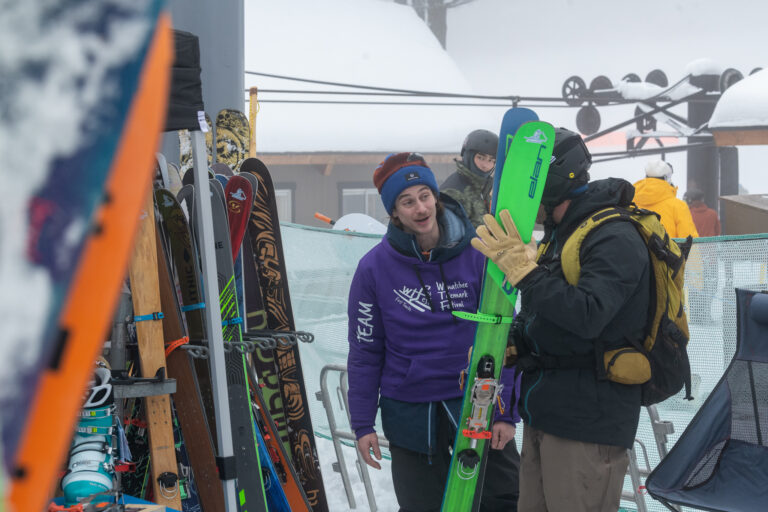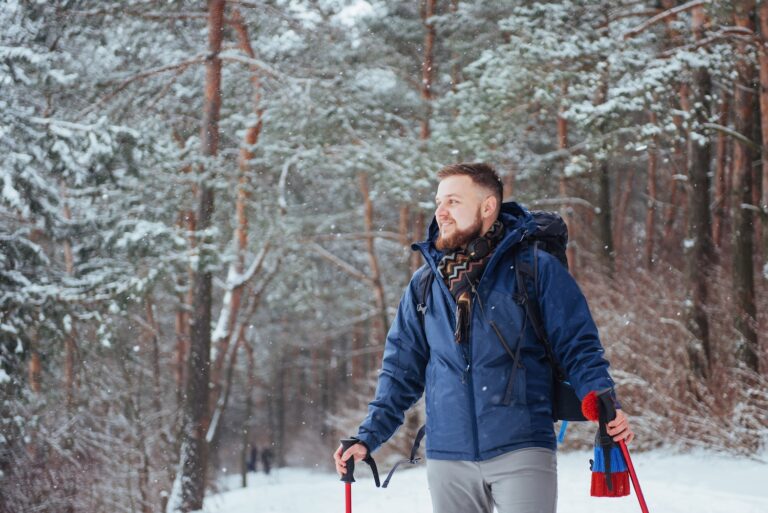By Mark Earley & Paul Trautman
Had anyone told me that I would run, bike and force march the better part of 8hrs and 22minutes, in the heat and dryness of July, AND have fun, I would have told them; “Fat chance—you have got to be kidding me!”
But 8hrs and 22minutes later that is exactly what my adventure racing partner, Paul Trautman, and I were doing. We were crossing the finish line in the 6th annual Six Degrees of Navigation adventure race just north east of Cle Elum, WA, and certainly to our surprise, we were across the line at a dead run landing us in third place in the men’s short course category.
What did we find we needed? Well, lots of water for starters. Nibbles of energy bars or sport gels, good running shoes, stable mountain biking gear, the ability to read a map on the run or on the bike, lots of water, equipment list of required items, a first aid kit, light clothes that dry quickly in the sun, and a soft cap with a wide brim are all important. Did I mention lots of water? Oh, and that ever present sense of humor.
Seems just about anyone can enter and complete, maybe even win, an adventure race, but the best can do that without taking themselves too seriously. We were on the move for 8 hrs 22 minutes and not a foul word between us. Yes, you WILL need a sense of humor. Stuff happens, and a lot of it is not really funny until later. Maybe much later.
Each and every race is different. All events differ in the terrain and the things you are tasked to do. Lots of rain or lots of sun can change the whole mood of a course. Just let the temperature drop suddenly and see who is still out there having fun (I suppose that is why the space blanket was on our short list of “required items.”)
What can the average person do to prepare? I guess we would offer the following key points as starters
- Achieve a good level of personal fitness for a good start. Be able to run non-stop for about 45 minutes, be able to swim perhaps a half of a mile unassisted, be able to paddle a canoe or a kayak, have good enough upper body strength to climb a rope or support yourself climbing down a wall. And if you can not do all of these, don’t give up. You can still compete in smaller events at a beginner’s level. Some events even let you select the disciplines you will perform.
- Invest in some good adventure racing clothing. Get durable but quick drying shirts and shorts (colder weather may mean layers of moisture wicking and insulating fabrics and hotter weather will obviously mean you dress with less). Purchase a light-weight and comfortable bri mmed cap—such as a ball cap. It will serve at least two purposes— keeping the sun off your face and the sweat out of your eyes. Get the best cross-country or trail running shoes you can afford. Save your feet. And pay attention to the required equipment list provided by the event organizers. (Most required items can be found at local sporting goods stores.)
- Buy a quality hydration pack (such as a Camelback, or a Hydropack use it once while running or on the bike before the event. How the hydration pack fits your body and rides on your back, both full and empty, will become increasingly more important to you as the day progresses.
- Learn how to use a map and compass well enough to navigate across uneven and unfamiliar terrain. The Spokane area has an excellent orienteering club, the Eastern Washington Orienteering Club (EWOC) ready and eager to instruct first time navigators. Get out to one of their events for some basic instruction and possibly run a course or two.
- Get a good racing buddy, or team of several people, who is are of a similar level of fitness, ability and temperament. Pick someone most with whom you will still enjoy racing with through thick and thin, cold or hot, day or night, bone dry or soaking wet, in success …or something less than success. A person with a sense of humor, perhaps?
- Buy or borrow a mountain bike that fits you and ride it over lots of varied terrain before you enter an event. Get a kayak and paddle and learn how to use it efficiently. Again, the Spokane area has several good resources for mountain bike, canoe or kayak specific events and activities, the Spokane Canoe and Kayak Club, the Spokane Mountaineers, and the local Fat Tire Bicycle Club are just some of the many skill specific organizations in our area. Additionally, you can access the Sports Network or rent that skill-specific DVD and view racing skills and techniques for adventure racers.
What will you typically be tasked to do? Well in most adventure races, mostly running, orienteering (navigating with a map and compass), mountain biking, kayaking or canoeing, river trekking, and always (almost always) a mystery event. Typical mystery events (not disclosed in advance to the competitors) might involve climbing a rock face or rappelling down a wall or negotiating some other vertical or horizontal obstacle. The mystery challenge may involve solving a field specific problem (build a structure or shelter, start a fire with limited tools, gather water) or memorizing something difficult (such as terrain features on a map) and then navigating to them.
In our event, we began navigating from the very start: run with map and compass in hand, bike to the cross country orienteering on foot, navigate from 6 to 8 orienteering controls (no, a GPS is NOT allowed – if you get caught trying to use one, I think they take your water away from you). Then back to the bike, bike to the transition area, change gear, begin mountain bike orienteering (oh, and you are laughing now, sort of laughing) and then off the bike for the mystery event. Get a little lost with more hysterical laughter, incoherent babbling and now speaking in tongues. Back to the mystery event check-in, evade marksmen on the course firing pistols and rifles (this was not part of the event, but there they were, right in the middle of the course). Being passed by a runner being towed by the stronger person (yes, you can do that). Back past the transition area (spectators are laughing now, but you are… hmmm). Into the river for river trekking and out of the river bed for the final three controls and into the finish. Collapse, drink water, eat the post-race meal, smile and relax.
Would we do it again? You bet. Can anyone do this? Yes, you can. Actually anyone who can run, bike, paddle and navigate can do this – and have fun as well. You need not necessarily be an expert to participate. Just look at Paul and me—definitely NOT experts. But you can be assured that Paul and I will be back at some future event, after filling up our hydration packs with lots of water… and after stuffing the cargo pouches with an extra helping of… a sense of humor.













